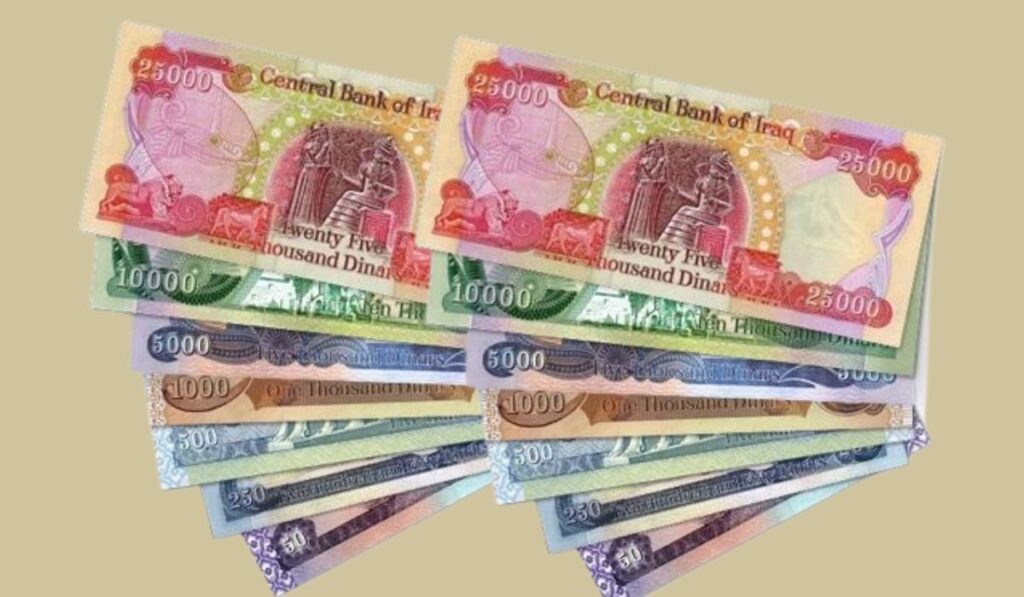The world of foreign currency trading can be complex and often misunderstood, especially when it involves currencies from economically unstable regions. One such currency that has garnered significant attention over the years is the Iraqi Dinar. A group of individuals and online communities, collectively referred to as “Dinares Gurus,” have played a central role in promoting the idea that the Iraqi Dinar will undergo a massive revaluation (RV), leading to substantial profits for those who invest in it. This article delves into the origins, beliefs, and impact of Dinares Gurus on both investors and the broader financial landscape.
Origins and Rise of Dinares Gurus
The concept of Dinares Gurus emerged in the early 2000s, following the U.S. invasion of Iraq and the subsequent fall of Saddam Hussein’s regime. With the Iraqi economy in disarray and its currency drastically devalued, opportunistic speculators began to spread the idea that the Dinar would eventually regain its pre-war value. Dinares Gurus, often self-proclaimed experts in foreign exchange, capitalized on this speculation, creating online forums, blogs, and social media groups to disseminate their views and attract potential investors.
These Gurus typically position themselves as insiders with privileged information about the imminent revaluation of the Dinar. They often claim to have connections with government officials, financial institutions, or global organizations like the International Monetary Fund (IMF), lending credibility to their predictions. Over time, these communities have grown, with thousands of followers eagerly awaiting the “RV” that promises to make them instant millionaires.
Beliefs and Propaganda
At the core of the Dinares Gurus’ narrative is the belief that the Iraqi Dinar is massively undervalued and that it will soon be revalued to a much higher exchange rate against major currencies like the U.S. dollar. This revaluation, they argue, is inevitable due to Iraq’s vast oil reserves, strategic geopolitical location, and potential for economic recovery.
Dinares Gurus often employ a mix of economic analysis, geopolitical events, and conspiracy theories to support their claims. They may point to seemingly unrelated global events, such as changes in oil prices or shifts in U.S. foreign policy, as evidence that the RV is imminent. Additionally, they frequently dismiss skepticism from financial experts, labeling it as disinformation designed to keep ordinary people from benefiting from the impending windfall.
Impact on Investors and the Financial Market
The influence of Dinares Gurus has led to significant financial consequences for many investors. Driven by the hope of extraordinary returns, individuals have poured their savings into purchasing Iraqi Dinar, often at inflated prices. Unfortunately, the revaluation that Gurus promise has yet to materialize, leaving many investors holding devalued currency with little to no chance of significant profit.
Moreover, the activities of Dinares Gurus have drawn the attention of regulatory bodies and consumer protection agencies. In several instances, authorities have issued warnings about the risks associated with investing in foreign currencies, particularly those from volatile regions. Despite these warnings, the allure of quick riches continues to attract new followers to the Dinares Gurus’ cause.
Conclusion: The Dinares Gurus Phenomenon
The phenomenon of Dinares Gurus serves as a cautionary tale about the dangers of speculative investments and the influence of online communities. While the promise of a massive revaluation of the Iraqi Dinar remains unfulfilled, the impact of Dinares Guru on investors and the financial market is undeniable. As with any investment, it is crucial for individuals to conduct thorough research and approach such opportunities with a healthy dose of skepticism. The story of Dinares Gurus underscores the importance of financial literacy and the need to critically evaluate the sources of investment advice in an increasingly interconnected world.







